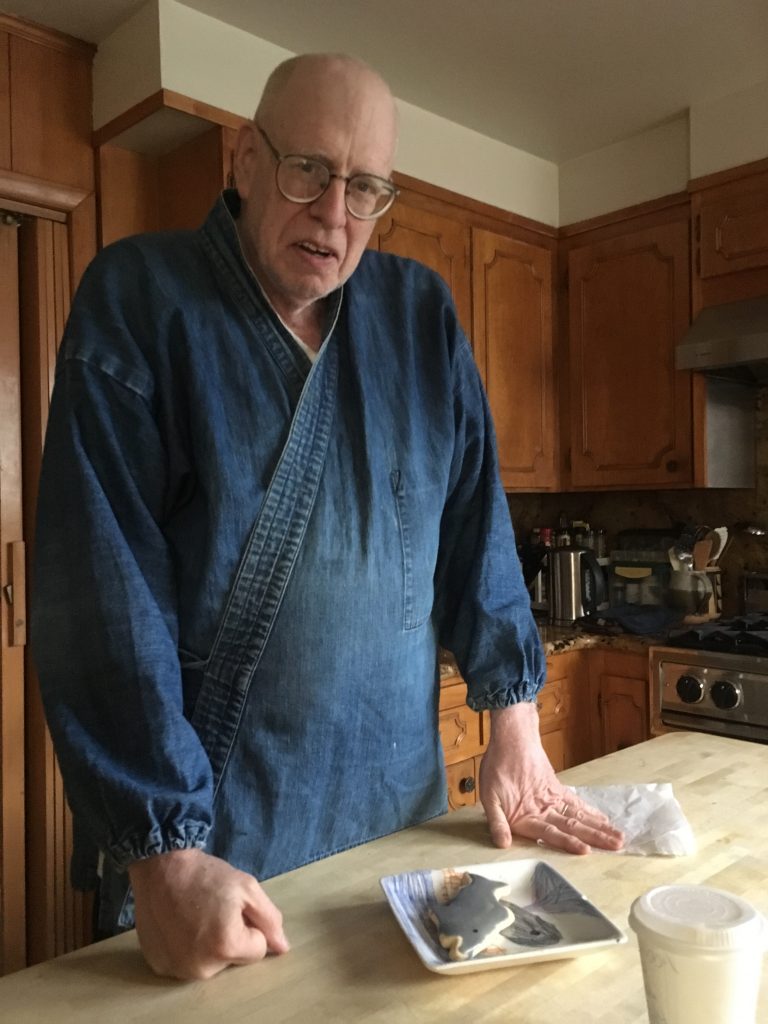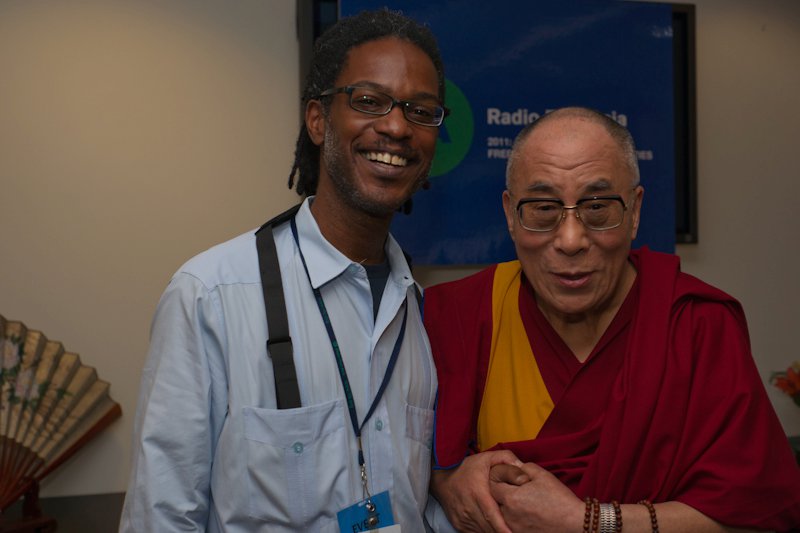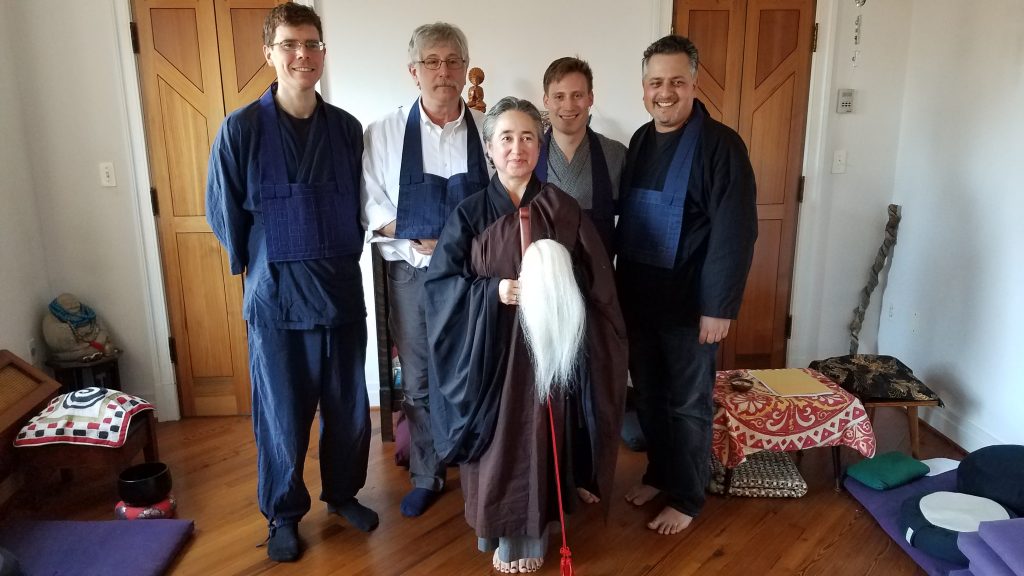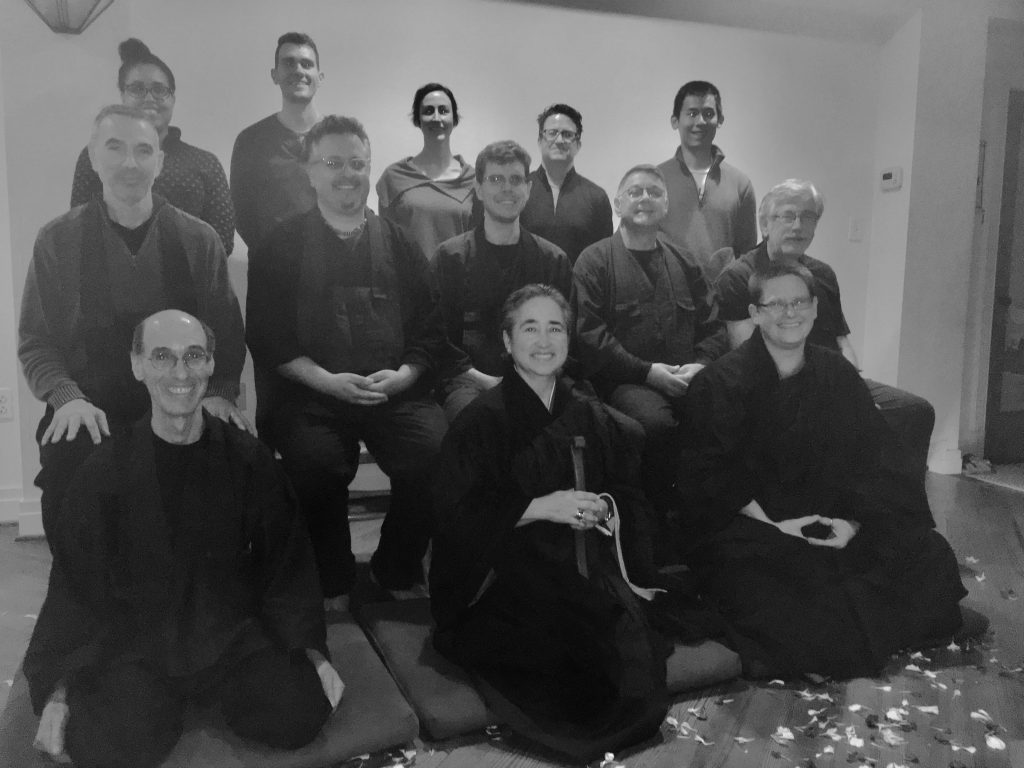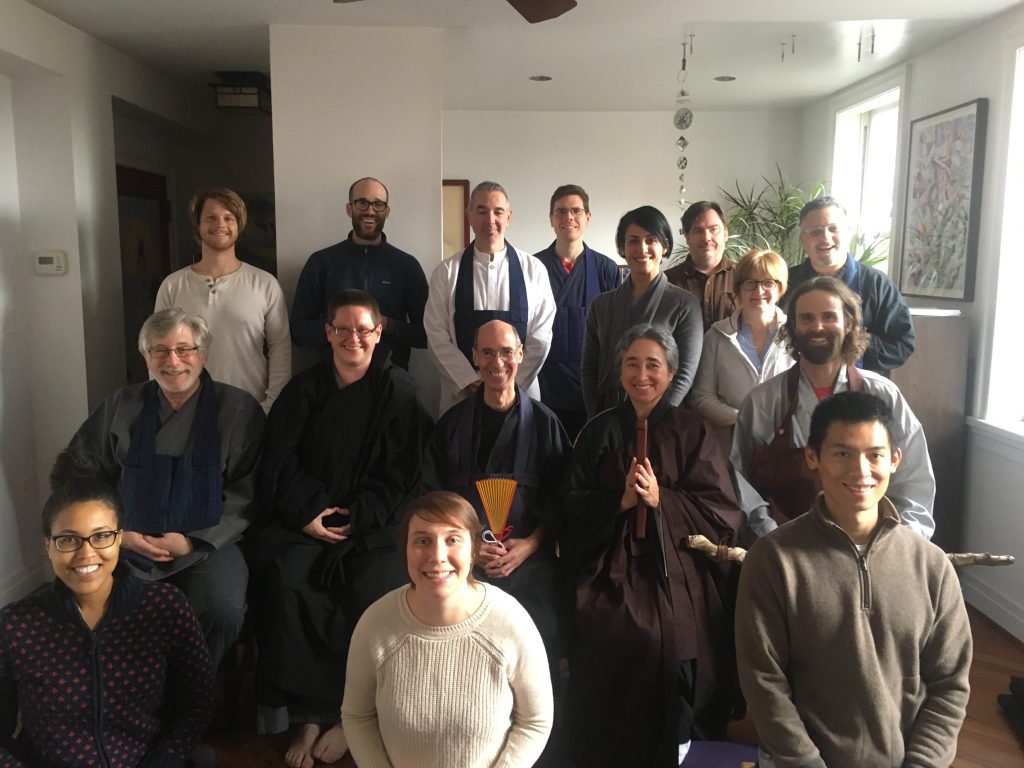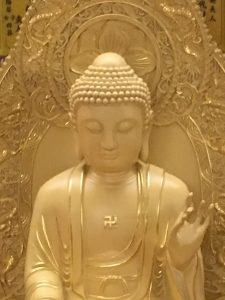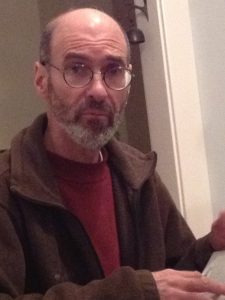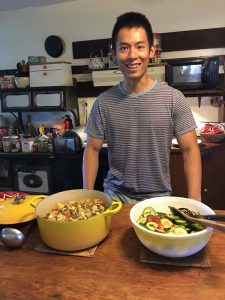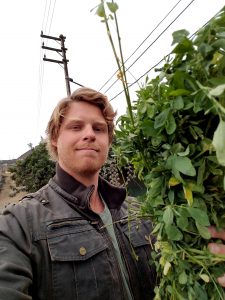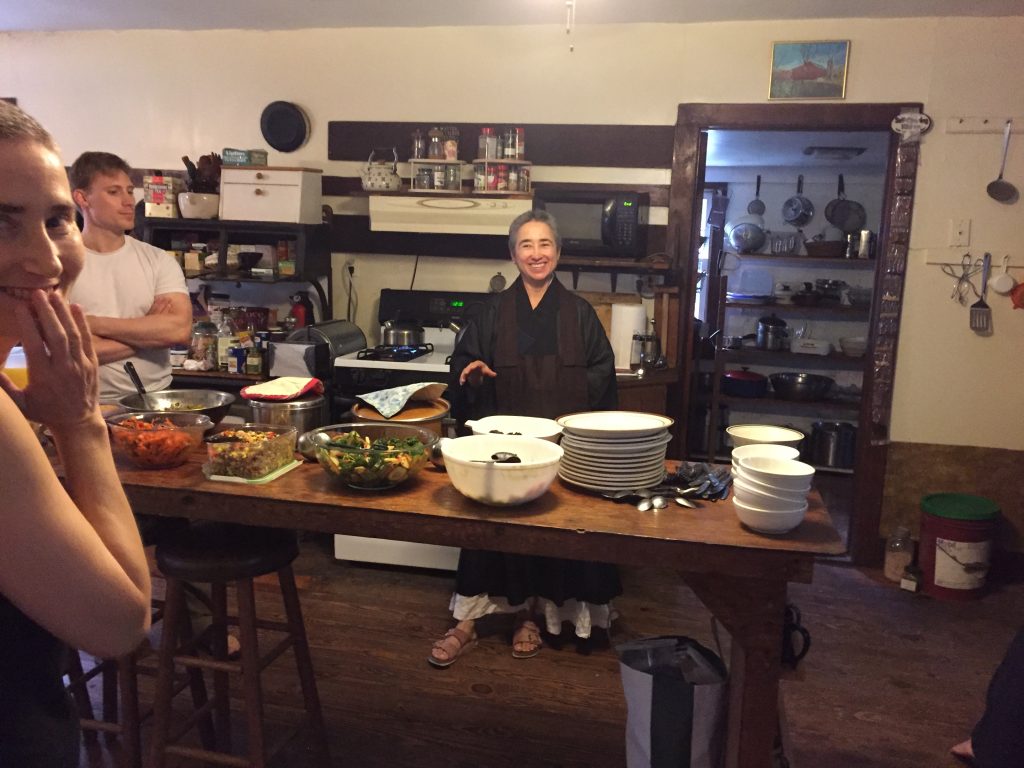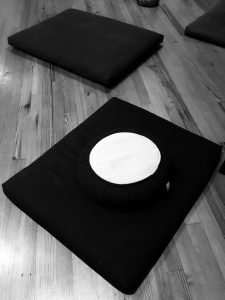Skillful Screen Use and the Wisdom of the Ancestors
Many of us find that we are spending an inordinate amount of time on our screens (smart phones, computers, ipads etc). We can persist for hours on Facebook or Snapchat or our favorite app knowing that our time is best spent elsewhere and feeling our bodies tighten and anxieties rise…
So, the overarching question for our practice is: What is skillful screen use? How can we use screens to move us toward happiness rather than absorb us in pleasure-seeking? How do we embody our screen use? One thing we do know is that our ancestors did not have to deal with these questions in their daily practice!
During two recent workshops the All Being Zen Sangha participants delved into their experience of screen use and reflected on how our screens can connect or detach us from what is most important. The upshot of the workshops is that the dharma can help us in our struggle to integrate our screen use into our life and practice.
Screens loom large in our lives. According to Nielson, American adults spend over 4 hours a day on mobile phones, around 12 (overlapping) hours on screens/media and this time has increased sharply in the past two years. Further, adults think they spend much less screen time than they actually do! Loneliness, especially for millennials, is higher today. Surveys show that adolescent self-esteem, life satisfaction and happiness plunged after 2012, the year smartphone ownership reached 50 percent. We can only guess about the long-term neurological consequences of screen use, especially starting at the very young ages we see today.
We do know that screen use, like other addictions, releases the dopamine neurotransmitter in our brain and puts in pleasure seeking mode as we “ride the wave”. The problem is that the continuous release of dopamine diminishes the number of dopamine receptors, so that more screen use is required for the same amount of pleasure… And we also know that the addictiveness of screens is by the design of profit-seeking corporations subject to light government regulation.
It is equally important to remember that screens can help us connect and foster lasting happiness. Screens can link us with old friends, help us spend more time with loved ones, provide more safety for women, expand the horizon of the disabled and elderly and even make possible social and political change. New apps facilitate meditation and Buddhist practice and we can participate in retreats on-line no matter where we are. Like any connecting activity, these uses of screens release serotonin—the neurotransmitter which stabilizes moods, helps with sleeping, eating, and digesting; and reduces depression, regulates anxiety, and heals wounds.
At the first All Beings workshop, participants were asked to use their screens for 15 minutes and then sit 10 minutes in zazen. Afterward, most participants said that they spent their screen time on social media such as Facebook Messenger. Several remarked that they got caught up in getting immediate responses to their messages, and after failing to get a response from the first person they messaged, sent a message to somebody else, and then somebody else in a spiral of craving. Many noted the places in their body tightened by immersion in social media. Several felt they demonstrated signs of addiction and wished to lighten the burden of screen use. Others said it “just didn’t feel right” to be using screens in the sacred zendo space.
The second workshop contrasted on-line and face-to face communication. Attendees paired up, exchanged phone numbers, physically separated, communicated on line with each other for 5 minutes on the topic of “Mother’s Day plans” and then sat for 3 minutes. Next, the pairs than talked face-to-face for five minutes on the topic of “I was recently irritated when”, again followed by a short sit. In the subsequent discussion, participants felt that on-line communication can allow for less impulsive answers and more time for reflection. However, communicating on-line precludes the sharing of body language, facial gestures, and taking in the other person’s vibe and energy, limiting the scope for connecting on-line vis-à-vis in person. One attendee stressed the give and take of talking face to face and emphasized the importance of making eye contact in sharing an experience. Another focused on the catharsis of speaking while making eye contact with an attentive listener. All agreed that face to face communication builds trust.
The workshops brought to life the potential for screens to get in the way of our connecting with our self and others. How can the dharma point the way to more skillful screen use?
The first Noble Truth leads us to appreciate that screens are a most extraordinary tool of distraction from dukkha. In the modern life, it can be difficult to connect with the natural world. Many of us do not work with our hands and live far away from loved ones. Screens offer a respite from the dis-ease of modern life that is only one click away, then another click, and another…
Consideration of the second Noble Truth naturally follows: screens not only shape our identity but provide an irresistible means to cling to it. Screens are an integral part of most jobs in the modern economy and our jobs can take up a large part of our identity. Some people create idealized identities on Facebook, Instagram, Snapchat and other image generating apps. And anyone young or old who fancies themselves as staying current certainly feels obliged to master the latest app, and know the tweet or meme du jour. Screens offer endless opportunities for clinging, whether by checking the number of likes of our latest message, following tweets affirming our political views, or following our favorite sports team.
The path set out by the fourth Noble Truth gains us awareness of how use screens to cling. Right Speech leads us to consider whether our emails and texts are conveying truth and not slandering others. And are we reading our messages carefully instead of skimming through and sending off ill-considered responses? Right effort directs us to face up to whether the words we are typing out are considerate and thoughtful and purposeful, as opposed to impulsive and gossiping. Reflecting on the quality of our mindfulness of screen use means consideration of the consequences of the many hours per day we are spending on-line for ourselves, others and the world at large.
And there are practical steps we can take to harmonize our screen use with life in the dharma. To reduce the distraction of screens we can: set up custom notifications for messages from the important people in our lives; put only tools on the home screen and move everything else into a folder; scramble apps regularly and launch apps by typing; change display settings; use Airplane mode and Do Not Disturb mode. And there are steps to building screen awareness: take screens out of the bedroom; phone free meals and experiment with digital fasting.
Clarification of our intentions is perhaps the most important lesson from the dharma. Each time we pick up our screen, can we can take a moment and examine just why we are delving into our favorite app? Pausing, screen in hand, in a deep breath, experiencing our bodily tensions and witnessing our thoughts, can help us realize our intentions and open the way to more skillful screen use. May we come to experience our screens as simply another means to open the Dharma gates and free all beings!

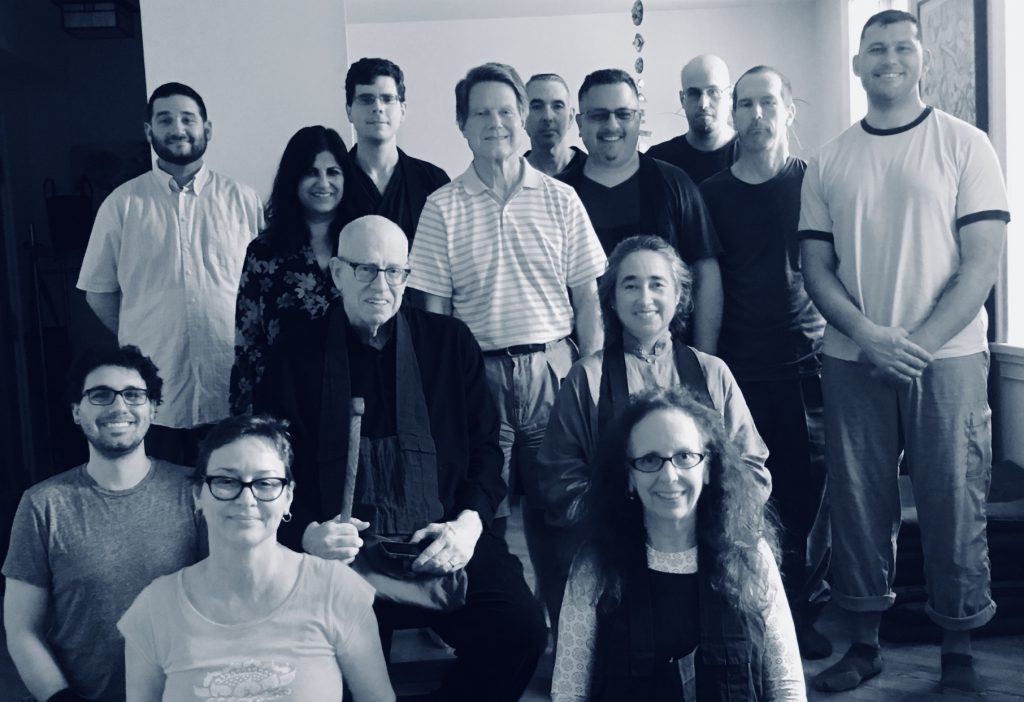 photograph by Curt Ponce-Barger
photograph by Curt Ponce-Barger